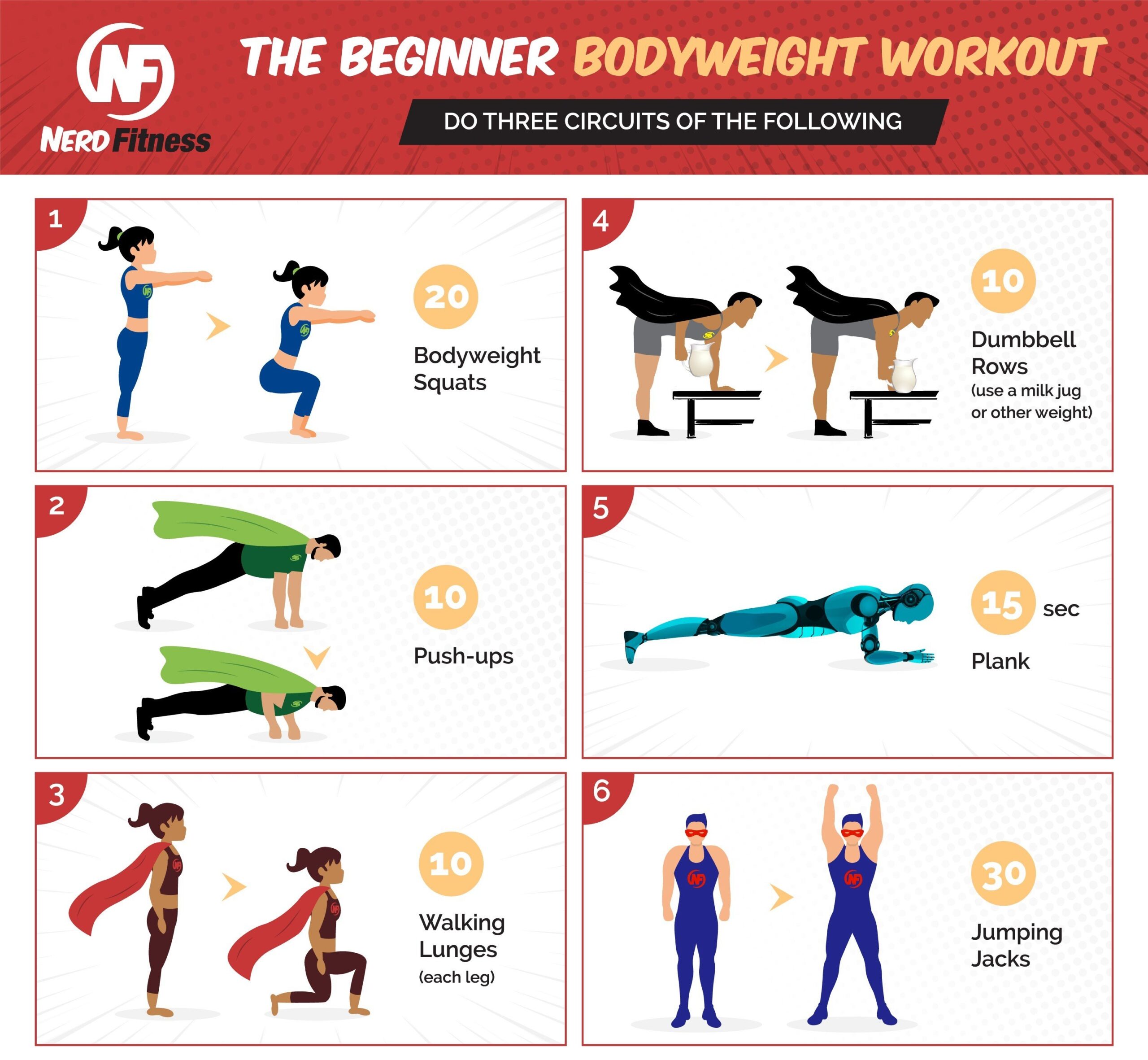Fitness for Beginners: A Complete Guide to Getting Started
Starting your fitness journey can feel overwhelming, especially if you’re unsure where to begin. But the key to a successful routine isnt about how intense or complicated your workouts areit’s about consistency, balance, and finding what works best for you. This guide will help you take your first steps toward a healthier, more active lifestyle.
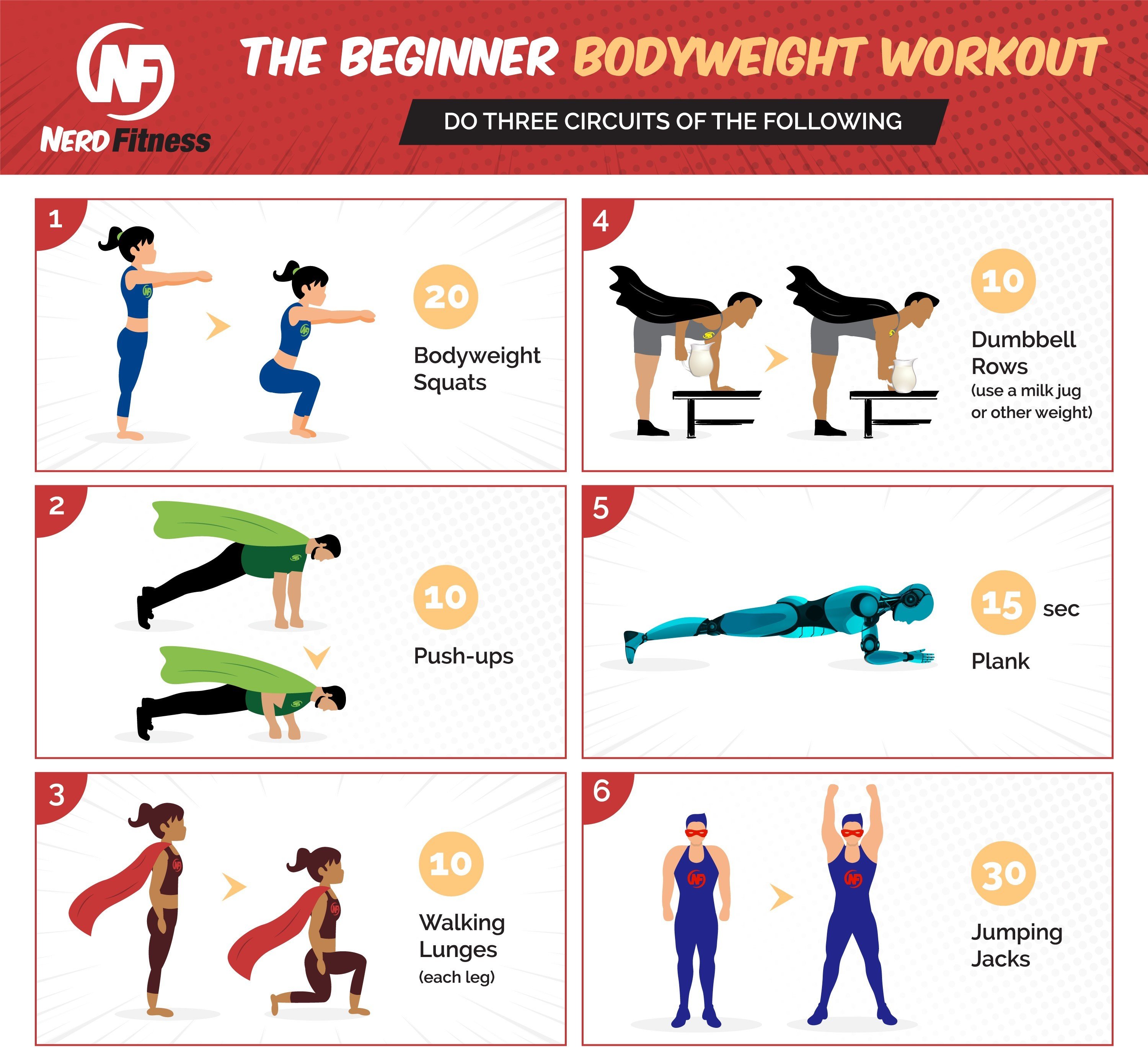
Why Fitness is Important for Your Health
The benefits of fitness go far beyond just physical appearance. Regular exercise can dramatically improve your physical health, mental well-being, and overall quality of life. Here are some key reasons why fitness should be a priority:
Physical Health Benefits of Fitness
Engaging in regular physical activity can lower the risk of many chronic conditions. These include:
- Cardiovascular diseases like heart attacks and strokes.
- Type 2 diabetes and high blood pressure.
- Obesity, by burning calories and building muscle mass.
- Bone health, reducing the risk of osteoporosis.
By incorporating fitness into your daily routine, you’re not only improving your current health but also increasing your chances of living a longer, more energetic life. For more on the connection between exercise and heart health, check out this study from the American Heart Association.
Mental Health Benefits of Fitness
Exercise is not just about the body; its also incredibly beneficial for the mind. Physical activity has been proven to:
- Reduce stress and symptoms of anxiety or depression.
- Increase mental clarity and focus.
- Boost mood by releasing endorphins, often called the “feel-good” hormones.
- Improve sleep quality, helping you feel more rested.
As you can see, fitness is a holistic practice that supports both physical and emotional well-being.
Common Myths About Starting a Fitness Routine
Before diving into a fitness routine, it’s important to dispel some common myths that often discourage beginners from starting.
Myth 1: You Need Expensive Equipment or a Gym
One of the biggest misconceptions about fitness is that you need to invest in expensive equipment or gym memberships to see results. However, bodyweight exercises are incredibly effective for beginners. You can start with simple exercises like:
- Squats
- Push-ups
- Planks
These moves can all be done at home with no equipment necessary, and they target multiple muscle groups. For more ideas on at-home workouts, visit Nerd Fitness.
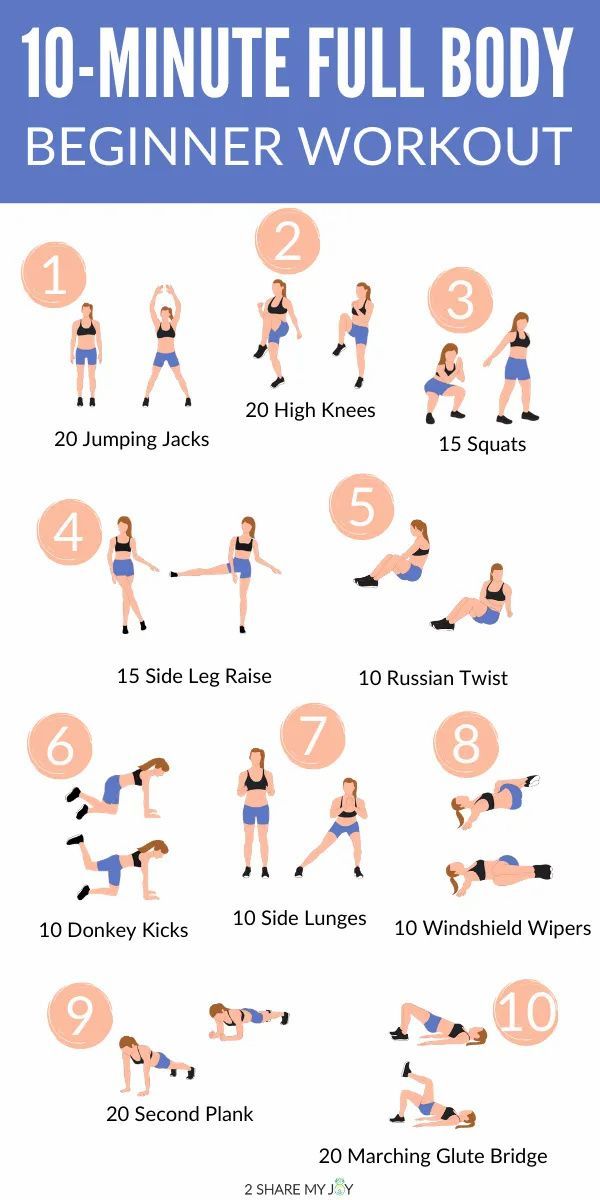
Myth 2: You Have to Work Out Every Day
Consistency is key, but this doesnt mean you need to work out every day. In fact, rest days are just as important for recovery and muscle growth. Starting with 3 to 4 workouts per week is more than enough for beginners. This allows your body to adapt and prevents burnout.
Focus on making exercise a sustainable part of your routine, rather than pushing yourself too hard at the start.
Myth 3: You Need to Follow a Specific Diet
While nutrition plays a major role in fitness, beginners often believe they need to follow strict diets. In reality, its better to focus on balanced eating that includes whole foods like:
- Lean proteins (chicken, fish, tofu).
- Whole grains (brown rice, oats).
- Healthy fats (avocados, nuts).
- Plenty of fruits and vegetables.
Instead of diving into a fad diet, start by making small, sustainable changes to your eating habits.
How to Create a Beginners Fitness Plan
To see real results, it’s important to develop a fitness plan that works for your specific needs and goals. Here’s how to get started:
Setting Realistic Fitness Goals
Its essential to set realistic and achievable goals that motivate you to stay on track. These goals can be either short-term (e.g., “I want to work out three times a week for the next month”) or long-term (e.g., “I want to run a 5K in six months”).
Tip: Use the SMART goal frameworkSpecific, Measurable, Achievable, Relevant, and Time-bound. For example, instead of saying, “I want to get fit,” say, “I will complete 30 minutes of exercise 3 times a week for the next month.”
Choosing the Right Exercises for Beginners
As a beginner, its important to focus on basic movements that target the entire body. A balanced workout plan should include:
- Strength training to build muscle and boost metabolism.
- Cardio for cardiovascular health and fat burning.
- Flexibility exercises to improve range of motion and prevent injury.
Here are a few exercises for each category:
Strength Training
- Bodyweight squats
- Push-ups
- Dumbbell rows
Cardiovascular Workouts
- Walking or light jogging
- Cycling
- Jump rope
Flexibility and Mobility Training
- Yoga poses like downward dog and childs pose.
- Dynamic stretches like leg swings or arm circles.
For more on combining strength training with cardio, you can read this comprehensive guide on the benefits of both.
Structuring Your Fitness Routine
When starting a new fitness routine, structure is key. A well-structured workout typically includes:
- Warm-up: A 5-10 minute warm-up to increase your heart rate and loosen up your muscles. This could be brisk walking or light dynamic stretches.
-
Main workout: This is where you perform the exercises that target your fitness goals, such as strength training or cardio.
-
Cool-down: A cool-down is essential to help your body recover. Stretching and breathing exercises can aid in muscle recovery and flexibility.
Remember, progression is important. Start slow, and as your body adapts, gradually increase the intensity or duration of your workouts.
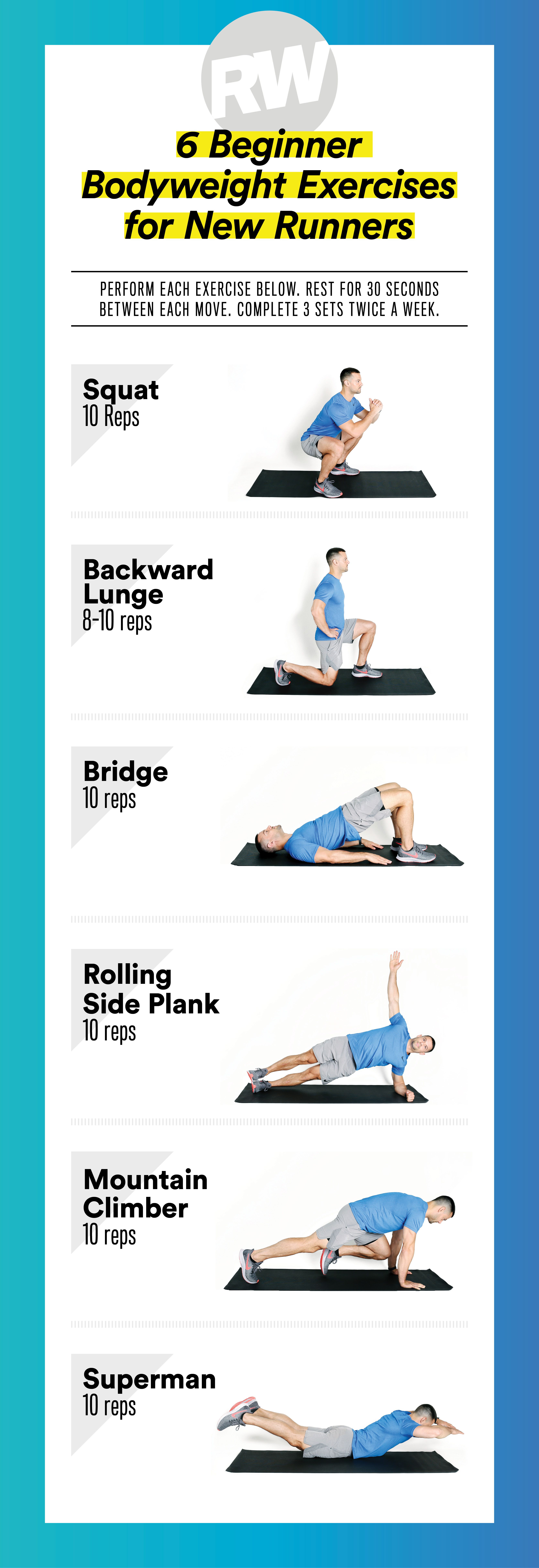
Beginner Fitness Tips for Staying Motivated
Staying motivated can be one of the biggest challenges for beginners. Here are some practical tips to help you stay on track:
Find an Accountability Partner
Having a workout buddy or accountability partner can provide the extra motivation you need. This could be a friend, a family member, or even an online community. Sharing your progress with someone helps you stay committed and adds a social aspect to your fitness journey.
Mix Up Your Workouts
Doing the same routine day in and day out can become monotonous. To keep things interesting, mix up your workouts by trying different activities like:
- Swimming
- Yoga
- Kickboxing
Celebrate Small Wins
Dont wait until youve reached a big milestone to celebrate your progress. Small winslike completing your first week of workouts or adding extra repsare all steps in the right direction. Acknowledge these victories to stay motivated.
Focus on Consistency, Not Perfection
There will be days when your workout doesnt go as planned or you miss a session. Thats okay. The key is to stay consistent over time. Its about progress, not perfection.
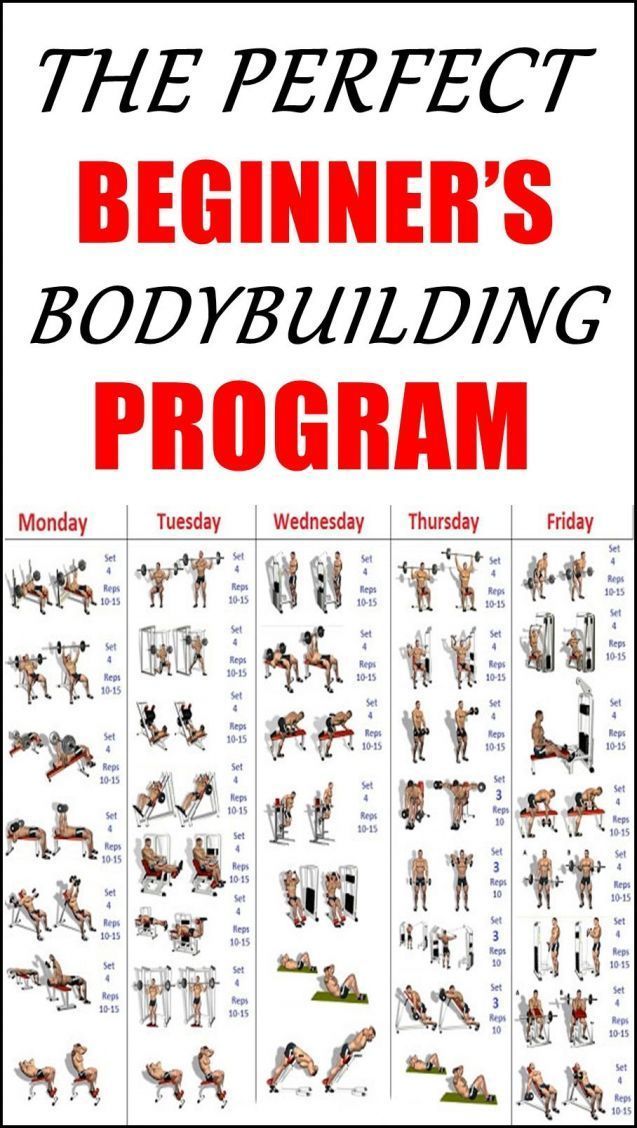
The next section will continue with common mistakes beginners should avoid, essential equipment, and nutrition tips to complement your fitness routine.
Common Mistakes Beginners Should Avoid
When starting a fitness routine, it’s natural to make a few missteps along the way. However, some mistakes can hinder your progress or even lead to injury. Here are the most common mistakes beginners makeand how you can avoid them.
Overtraining
One of the most common mistakes beginners make is overtraining. While enthusiasm is great, pushing your body too hard without adequate rest can lead to fatigue, injuries, and burnout. Remember, rest days are just as important as workout days because they allow your muscles to recover and grow.
Tip: Start with 3-4 days of exercise per week and ensure you have at least one rest day in between intense sessions.
Not Paying Attention to Form
Using incorrect form during exercises, especially strength training, can increase your risk of injury. Before adding weights or increasing intensity, focus on mastering the proper form. For example, when doing squats, make sure your knees dont go past your toes, and keep your back straight.
Tip: You can find form tutorials on platforms like YouTube or consider working with a personal trainer to ensure you’re doing each exercise correctly.
Comparing Yourself to Others
Its easy to fall into the trap of comparing your fitness journey to someone elses, but this can quickly lead to frustration. Everyone’s body responds differently to exercise, and progress can vary widely. Focus on your own goals, celebrate your wins, and remember that fitness is a personal journey.
Comparison is the thief of joy. Stay focused on your progress, and youll stay motivated and confident.
Essential Equipment for Beginner Workouts
You dont need an expensive gym membership or fancy machines to get started with fitness. In fact, a few key pieces of basic equipment can set you up for success.
Resistance Bands
Resistance bands are incredibly versatile and can be used to target almost every muscle group. Theyre perfect for home workouts, lightweight, and cost-effective.
Benefits:
– Increases strength and flexibility.
– Great for beginners who want to ease into resistance training.
Dumbbells
A good set of dumbbells is another excellent investment. They allow you to add resistance to many exercises like lunges, bicep curls, and overhead presses, helping you build muscle gradually.
Tip: Start with lighter weights (5-10 lbs) and increase the load as you get stronger.
Yoga Mat
A yoga mat is essential for floor exercises like planks, stretches, and ab workouts. It provides a cushioned surface to protect your joints and keep you comfortable during longer sessions.
Comfortable Clothing and Shoes
Investing in the right workout clothes and shoes is crucial for both comfort and performance. Choose breathable, moisture-wicking fabrics and shoes that support the type of exercise you’re doing (e.g., running shoes for cardio, cross-trainers for general workouts).

Nutrition Tips to Complement Your Fitness Routine
Exercise is only part of the equation when it comes to getting fit. Proper nutrition plays a vital role in fueling your workouts, speeding up recovery, and helping you reach your fitness goals.
Eating for Energy
To get the most out of your workouts, focus on foods that provide lasting energy. Opt for:
- Complex carbohydrates like whole grains, oats, and quinoa.
- Lean proteins like chicken, fish, tofu, or legumes.
- Healthy fats from sources like avocados, nuts, and olive oil.
Tip: Try eating a small meal 1-2 hours before working out, consisting of protein and carbohydrates to fuel your body.
Hydration for Fitness
Staying hydrated is critical for performance and recovery. Drink water before, during, and after your workouts to stay energized and avoid cramps or fatigue. The general recommendation is to drink 8-10 glasses of water per day, but you may need more depending on your activity level.
Post-Workout Recovery Meals
After a workout, your muscles need protein to recover and carbohydrates to replenish energy. A post-workout snack could include a protein shake, a banana with peanut butter, or Greek yogurt with fruit.
For a more detailed look at how to build a well-rounded diet that complements your fitness routine, check out this guide from Healthline.
When to Seek Professional Guidance
While many beginners start their fitness journey solo, there may be times when seeking professional guidance can help you stay safe and optimize your results.
Personal Trainers for Beginners
Hiring a personal trainer, even just for a few sessions, can help you learn proper form, design a fitness plan tailored to your goals, and keep you motivated. They can also provide invaluable tips on how to progress safely and avoid injury.
Online Resources and Apps for Guidance
If a personal trainer isnt in your budget, there are plenty of fitness apps and online resources that provide workout plans, tutorials, and tips for beginners. Some popular apps include Fitbod, Nike Training Club, and MyFitnessPal.
FAQs: Fitness for Beginners
Q1: How many days a week should a beginner exercise?
A: Beginners should aim for 3-4 days of exercise per week, allowing for rest and recovery between sessions. This balance helps prevent burnout and injury while still promoting progress.
Q2: Is it better to do cardio or strength training first?
A: For beginners, its generally recommended to start with strength training before cardio. This ensures you have the energy to lift weights or perform resistance exercises with proper form. However, you can adjust based on your fitness goals.
Q3: Whats the best time of day to exercise?
A: The best time to exercise is whenever you can do it consistently. Whether its morning, afternoon, or evening, choose a time that fits your schedule and energy levels. Research shows that both morning and evening workouts offer various benefits, so it ultimately depends on personal preference.
By following the guidelines and tips laid out in this guide, you’ll be well on your way to creating a sustainable and effective fitness routine. Remember to be patient with yourself, listen to your body, and stay focused on your long-term goals.
Ready to take the next step in your fitness journey? Dont hesitate to explore additional resources like the Beginner Workout Guides from Nerd Fitness and check out equipment recommendations that can help you succeed at home.

